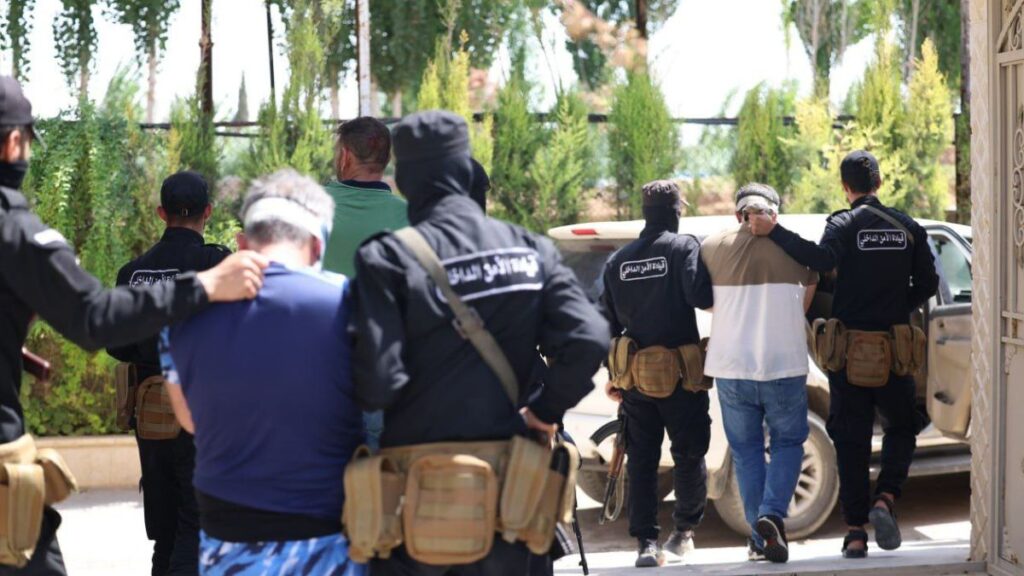The development was first reported by the independent Syrian outlet Enab Baladi on September 3, citing official statements and imagery released by the Interior Ministry on its social media channels.
According to the ministry, the contraband had been concealed in food products packed in plastic containers and in large pots buried underground. Authorities said all of the narcotics were confiscated and everyone involved was arrested, with the suspects referred to the competent judicial authorities. The ministry characterized the operation as the first of its kind with Turkish intelligence and part of ongoing efforts to disrupt smuggling networks, curb trafficking, and protect public safety.
The Syria–Turkey action fits into a broader pattern of stepped-up regional enforcement. In July, the Anti-Narcotics Directorate, working with Iraq's General Directorate of Narcotics Control, carried out a joint operation that led to the seizure of about 1.35 million Captagon pills intended for smuggling out of Syria; several suspects were arrested and referred to the judiciary. The Interior Ministry shared photos from that effort on July 30 via its Telegram channel.
More recently, on August 25, anti-narcotics units in Damascus countryside, coordinating with the Border Guard Directorate in Zabadani near the Lebanese frontier, thwarted a smuggling attempt from Lebanon. Officers seized roughly 498 packs of hashish and 198 bags of narcotic pills after a clash with smugglers, who abandoned the load and fled back toward Lebanese territory, the ministry said.
The latest seizures arrive amid persistent warnings from the United Nations Office on Drugs and Crime (UNODC). In its World Drug Report 2025, released in June, UNODC said Syria remains a central hub for the production and trafficking of amphetamine-type stimulants, particularly Captagon. While Syrian authorities have publicly pledged to dismantle supply chains and have staged public destruction of seized tablets, the country continues to play an outsized role in regional narcotics flows, the report noted.
UNODC added that Captagon shipments continued to move primarily to Gulf states in 2024–2025, suggesting either the release of stockpiled quantities or ongoing production at undisclosed sites. Angela Me, UNODC's Chief of the Social Affairs Division, told reporters that uncertainty still clouds the Syrian narcotics landscape and pointed to signs of regional expansion, with laboratories uncovered in Libya. She cautioned that entrenched trafficking networks in Syria and across the region make an abrupt halt to production unlikely in the near term.
